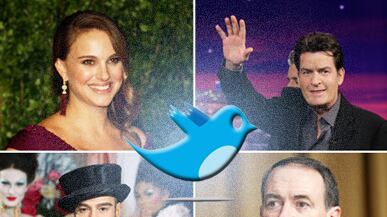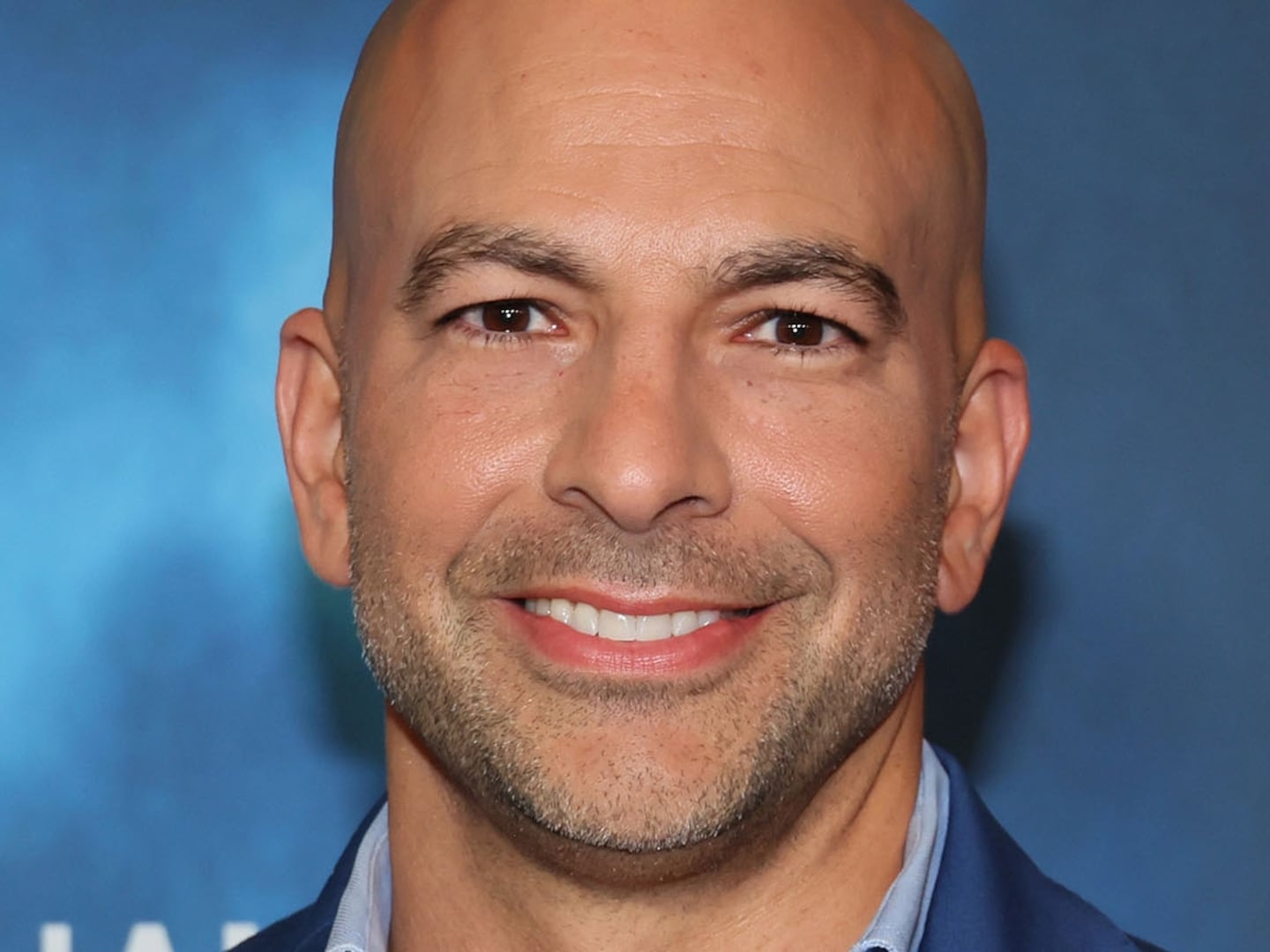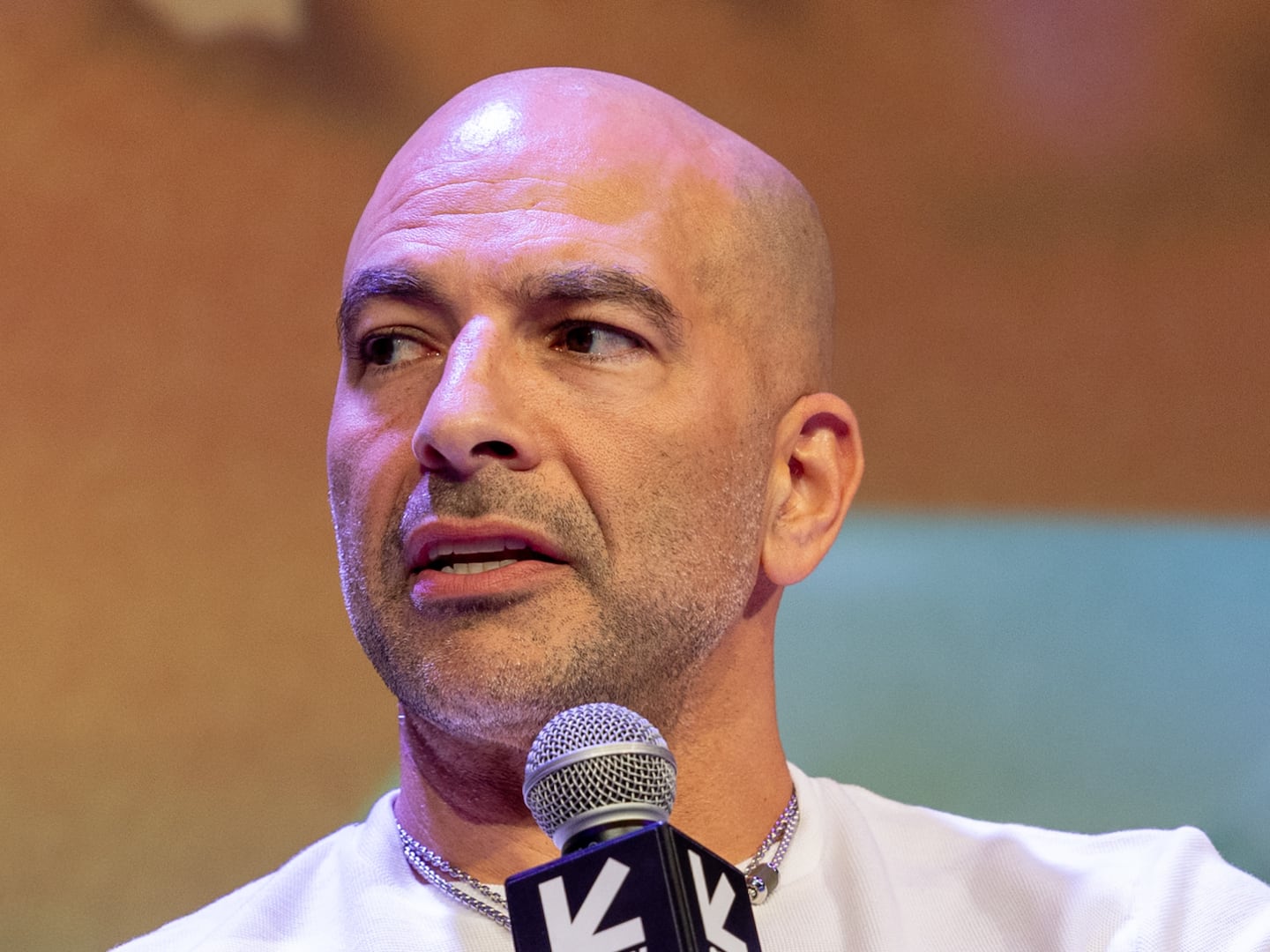James Franco and Anne Hathaway were not halfway through their Academy Awards opening monologue when the tweets started flying. Before a single award had been handed out, a consensus on Twitter had been stirred into the cake mix and sent to bake, the oven door slammed behind it: This was not just a little off. It was The. Worst. Oscars. Show. Ever.
The rest of the show did little to help its own cause and the perception duly stuck, to be ratified by the “legitimate media” the next morning.

Social media has become a force to shake the world. Despots tremble at the power of Facebook-generated flash mobs, and totalitarian regimes put their best technological minds on the task of blocking Twitter, et al. from taking hold on their shores.
But while the Internet has shown an impressive power to harness outrage for good, even freedom-loving people may want to view this new force with a certain degree of wariness.
Throughout history, outrage-fueled mobs have not always been thought of as benevolent. The same powers that put fear into the hearts of tyrants have also mobilized an army of cultural tsars. On our shores, on any typical afternoon, the masses of Twitter patrol the landscape as a sort of roving lynch mob, eyes peeled for any sign of malfeasance, poised to destroy careers, and create narratives that the mainstream media seems powerless to argue with.
In the past weeks we have seen Twitter rise up to demand the blood of outrageously insensitive journalist Nir Rosen for expressing an ardent lack of sympathy toward CBS reporter Lara Logan after she was assaulted in Egypt; to call for the planet to sever its ties with fashion designer John Galliano after he drunkenly revealed pro-Hitler sentiments; and to jeer on self-destructing actor Charlie Sheen toward... suicide? Total disintegration? It is not clear how much blood would sate the beast awakened.
Having a perpetually enraged mob roaming the landscape pouncing on every human foible with a vengeance unseen since the Salem witch trials is not a recipe for uplifting dialogue.
• Tricia Romano: Who Is Brooke Mueller? • Randall Lane: Who’s Charlie Sheen’s Crazy New BFF? • Complete Coverage: Charlie Sheen Photos, Videos, Poetry Just after the Oscar ceremony, it was former presidential candidate Mike Huckabee’s turn to put his foot in it, suggesting actress Natalie Portman’s pregnancy had served to “glorify and glamorize” the idea of out-of-wedlock birth. As he spoke, the forces of Twitter were mobilized and ready to respond. Within hours, searches on Twitter of Huckabee’s name paired with any of today’s in-vogue epithets (the “D” word and permutations of the “A” word in particular) yielded a vast library of writing on the subject of Huckabee’s loathsomeness. (Two typically illustrative exemplars: “Wow, Mike Huckabee... saying shit like that just proves that you are a judgmental ignorant ***hole” and “Mike Huckabee makes my ***hole want to dip snuff. Mysognistic cretin.”)
By week’s end, even as Huckabee flailed to back as far away from his comments as he could get, explaining that he was trying to talk about the plight of single mothers who live in poverty and their struggles, his son was dragged into the pile-on. A stream of tweets was unleashed referring to a decade-old story that the then-lad had been caught torturing a dog at summer camp, his expulsion prevented by his governor father. The revelavance to the Portman affair? Huckabee’s a douche, of course! And he must be... insert your own punishment that would be, no doubt, too good for the likes of him.
On the one hand, this is all well and good. For years—centuries even!—when the world’s elites made pronouncements at odds with general opinion, the public had little recourse for sharing their indignation, outside of the letters-to-the-editor section of their local papers. For a time, the tabloid press in its populist incarnations, in the 1950s via magazines such as Confidential, gave voice to public outrage for good and ill, whether it be about the communist affiliations of a star or accusations of sexual deviance or miscegenation. However, as the media grew more respectable, grew far cozier with the subjects of its reporting, the drive to expose every infraction, to relentlessly bring the mighty back in line with the common man receded, and with that a constant outlet for public rage largely disappeared.
Until, of course, the Internet emerged. And with the arrival of easy and free-to-use blogging programs, the public was given a voice once again.
But while blogging gave everyone the means to be heard, those means were not quite instantaneous. When the new medium of a “blog entry” running anywhere from a few sentences to hundreds of words first appeared, it was mocked as ridiculously brief and insubstantial. A decade later, a 200-word post seems positively encyclopedic. As it turns out, composing a few paragraphs was more of a chore than we thought, requiring as it did a modicum of organizing thoughts and perhaps pausing for breath a few times as one typed them out. To write “ @charliesheen whatever you douche bag #nutsucker” is the work of but seconds, easily executed before any second thoughts or counterarguments can seep into the narrative.
To a large extent, this is not at all a bad thing. Certainly, as that anger is mobilized in the defense of liberty, to bring down dictators, few can complain. And while one wishes it could go without saying that society as a whole is very much against things like the Holocaust and sexual assault no matter what the context, apparently—to listen to the unguarded remarks of our elites—now and then it still needs a little bit of saying. And beyond that, opening the doors to a larger pool of public opinion beyond the officially sanctioned media is a great advance, allowing the entire nation—or at least those with access to a computer and a few friends to follow or friend them—a voice in the great discussions of our day like never before.
As it affects our cultural conversation, as Neal Gabler pointed out in a recent essay, our critical establishment of late has grown not just increasingly effete and divorced from the tastes of the larger public, but ever more uniform in their tastes. Having a vigorous voice of opposition to this insular circle is indeed our cultural equivalent of the revolution in Tahrir Square.
That said, having a perpetually enraged mob roaming the landscape pouncing on every human foible with a vengeance unseen since the Salem witch trials is not a recipe for uplifting dialogue. While Twitter can uphold standards, it can also enforce a new kind of uniformity, particularly when it goes into lynch mob mode. Few in history have gotten far by attempting to contextualize and insert nuance against a raging bull.
And once the mob is out of the barn, there are few forces capable of stopping them. With the Twitter horde raging outside the virtual Sheen estate, CBS didn’t dare defy their blood lust and keep him on the air; Natalie Portman raced to put as much daylight between her Oscar-winning self and John Galliano as she could; NYU has probably never disavowed and dismissed a faculty member faster than Nir Rosen was sent packing. More and more, as in the case of the Oscar coverage, the mainstream media has seen its job as covering the Twitter reaction, formalizing and ratifying it, rather than challenging it.
One has to wonder where this is headed. Thanks to the ubiquity of tiny videocameras and cellphones, and of stars’ direct access to their own Twitter accounts, we are now all but assured that whenever a celebrity says something stupid outside of his or her home, we will all hear about it. Over and over.
The problem is—as anyone who has ever set foot on a set or in a recording studio or writers room in Hollywood can tell you—the vast majority of creative professionals in our culture industries regularly exhibit behavior that in any other field would be called to the attention of the local HR office, or more likely, the nearest mental-health facility. If every celebrity is going to be disqualified from public office for acting nutty, we’re going to have to start importing actors from other planets to keep our TV seasons staffed.
More important, while certainly there are few who think we need more Holocaust fans occupying high office, a certain degree of nuttiness is not necessarily a bad thing when it comes to the creative professions. It’s not like we don’t have enough people schooled at saying nothing in interviews with Ryan Seacrest on the red carpet. Every now and then, having a Charlie Sheen break out all over reminds us that what can seem an increasingly robotic, inhuman Entertainment Industrial Complex has somewhere deep inside it a beating, often totally unhinged human heart.
With the threat of a Twitter backlash ever looming, will we really be better off if that heartbeat is silenced forever?
Richard Rushfield is a four-year veteran of the American Idol beat and the author of a memoir, Don't Follow Me, I'm Lost. His new book, American Idol: The Untold Story, goes behind the scenes of the most popular TV show of the decade.






